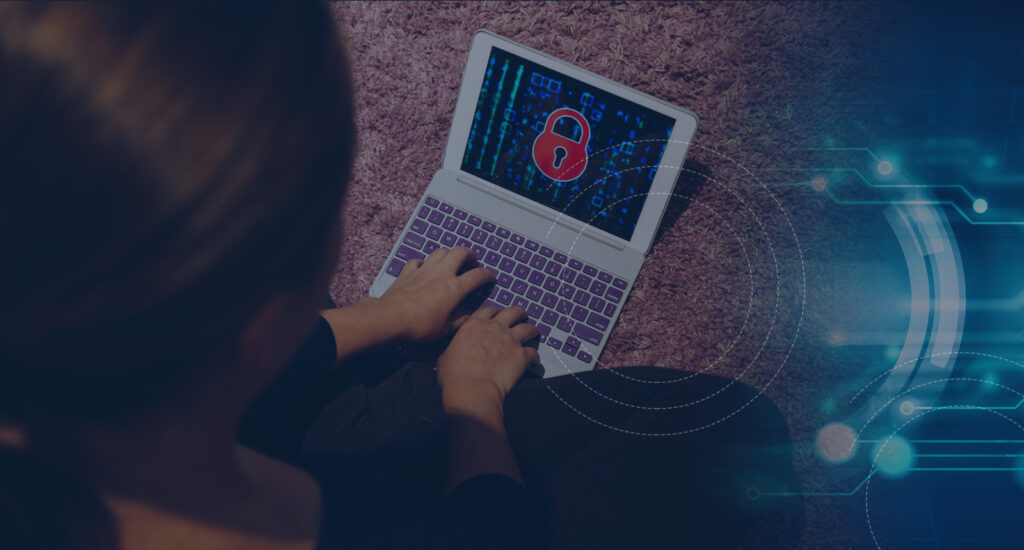
Importance of a Computer Forensic Expert
In the digital age in which we live, computing has penetrated virtually every aspect of personal and professional life.
From commerce and communications to the management of private and financial data, technology plays an essential role. This increased technological dependence has led to an increase in computer-related crimes, such as cybercrime, digital fraud and system misuse. In this context, the role of the computer forensic expert has gained crucial relevance in the resolution of judicial conflicts involving technology. The computer forensic expert is a professional specialized in the recovery, analysis and presentation of digital evidence. These experts are essential to provide clarity in judicial cases, where the technological elements are complex and require technical interpretation. Below, we will explore some of the main reasons that highlight the importance of this figure in the judicial field.
1. Obtaining and Authentication of Digital Evidence
The main function of a computer forensic expert is the recovery and authentication of digital evidence. In many cases, evidence can be found on electronic devices such as computers, mobile phones, hard drives or servers. This data can include emails, text messages, call logs, deleted files, or any type of electronically stored information. The forensic computer expert is not only responsible for extracting the information, but also for ensuring that it is valid and reliable. This involves applying forensic techniques to ensure that the data has not been altered or manipulated. The chain of custody is a crucial aspect in the presentation of evidence, and the expert is responsible for ensuring that an appropriate procedure is followed to preserve the integrity of the evidence.
2. Technical Advice in Judicial Proceedings
The forensic computer expert is, in essence, a technical advisor who translates technological language and concepts into terms that are understandable to judges, lawyers, and other parties involved in a judicial process. Their specialized knowledge allows them to explain how the data has been obtained, what its relevance is to the case, and, in many cases, to determine the intentionality of certain acts. For example, in a financial fraud case, a forensic computer expert can analyze digital records and provide evidence of data manipulation or identify the origin of an unauthorized transaction. This type of analysis is essential for judges to make informed decisions based on reliable technical evidence.
3. Digital Conflict Resolution
Modern legal disputes often involve digital conflicts that require detailed analysis of computer systems or networks. Cases of intellectual property, plagiarism, misuse of personal data or cyberbullying depend on the ability to prove what happened in the digital world. The computer forensic expert is able to analyze the behavior of networks, identify the trace of a computer attack, or even recover deleted data that may be vital to clarify a case. In situations of this type, experts not only find evidence, but also reconstruct the events to offer a clear view of what happened.
4. Legal and Regulatory Compliance
Another relevant aspect of the work of computer forensic experts is to ensure that processes related to technology comply with current laws and regulations. In cases involving personal data protection (such as those regulated by the GDPR), copyright or digital fraud, the experience of an expert is indispensable to assess whether laws have been violated and to determine the liability of the parties involved.
Conclusion
The role of the computer forensic expert has become essential in an increasingly digitalized world. These professionals provide a solid technical foundation for the investigation and resolution of cases involving technology. Their ability to recover, analyze and authenticate digital evidence, as well as their ability to translate complex concepts into understandable information, makes them a fundamental pillar of the modern judicial system. In an environment where digital data is increasingly relevant in legal proceedings, the importance of these experts cannot be underestimated.

